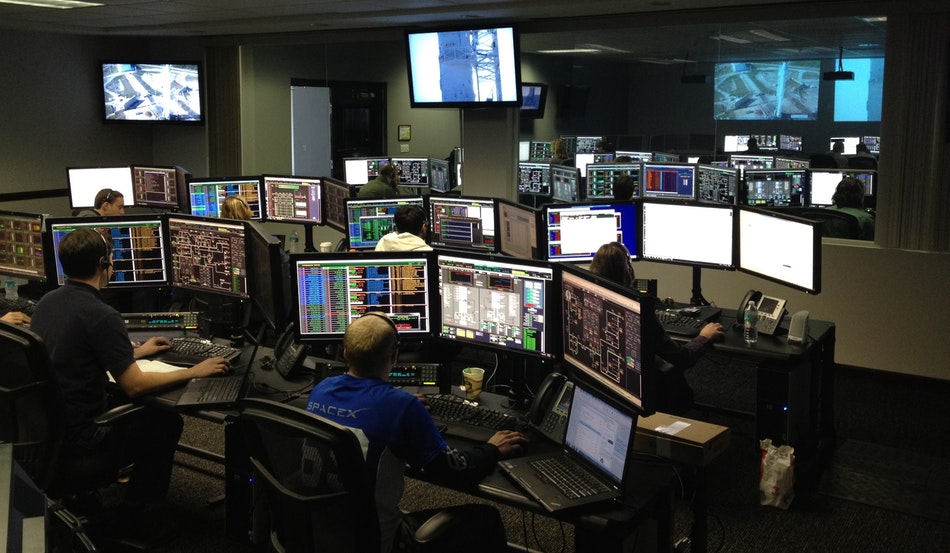We’re living in times of significant technological change. But how many of your business processes haven’t change since the Dotcom Boom?
Check out these six essential technologies for small businesses and bring your systems well and truly into the 21st century.
1. Virtual and Augmented Reality
If you run a business in 2018 and you haven’t considered using VR and AR, then you better get a move on. Both technologies have a host of applications from meetings to ecommerce apps, and as such, they have something unique and valuable to offer every business.
One way of using AR that’s proving hugely popular is in marketing campaigns. It works like Pokemon Go, projecting visual objects and people into the real world. And thanks to the growing number of AR ad agencies, it’s becoming increasingly affordable for small businesses.
2. The Internet of Things
With a simple sensor you can make any object “smart”. And by doing so, the object hooks up to a world of information and can provide you with up-to-the-minute and relevant data in real-time.
Small businesses get most use out of the IoT through using it to cut energy usage and reduce waste, as well as monitor stock levels. It can also be used to improve your products and offer customers another level of interactivity and service.
3. Cloud Computing
Do you still store your files using on-site hardware and expensive servers? Cloud computing gets rid of all that hassle and in doing so reduces costs, opens up the ability to grow, and, overall, creates a better experience for both you and your customers.
One major reason why cloud computer softwares, like Dropbox and Gmail, are such essential technologies for small businesses is that they can be accessed from anywhere and at any time. Files and documents can be accessed and dowloaded by your whole team from any location, making remote working much more feasible and the headache of upgrading systems a thing of the past.
4. Accounting Software
If you’re still doing your books the old-fashioned way, you’re wasting a massive amount of time and missing out on a tonne of benefits that cloud accounting has to offer.
Cloud Accounting software such as QuickBooks and FreshBooks are aimed at small to mid-sized business owners, and as such are affordable, user friendly, and full of useful features. Using QuickBooks, you can automate bookkeeping tasks, quickly generate reports, and even get help designing a business plan.
5. Artificial Intelligence
AI has innumerable business applications, from designing more efficient business processes and algorithms to understanding your customers better and gaining the competitive edge in advertising.
As it is so impressive and complex, if you’re not a giant organisation, it can be hard to know where to start. But AI is one of the best technologies for small businesses as it’s available all around you — in such online tools as CRM platforms, social media analytics, and chatbot or customer support services.






